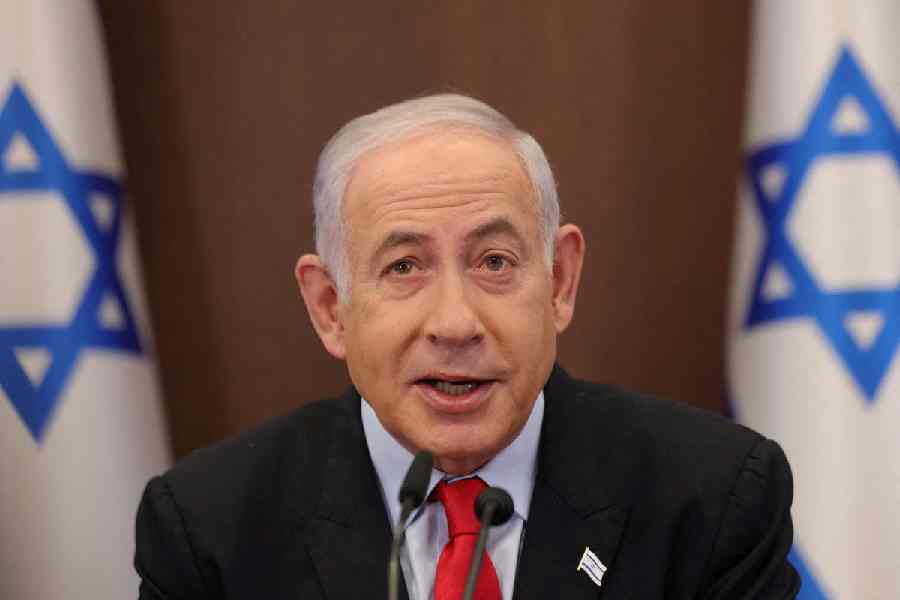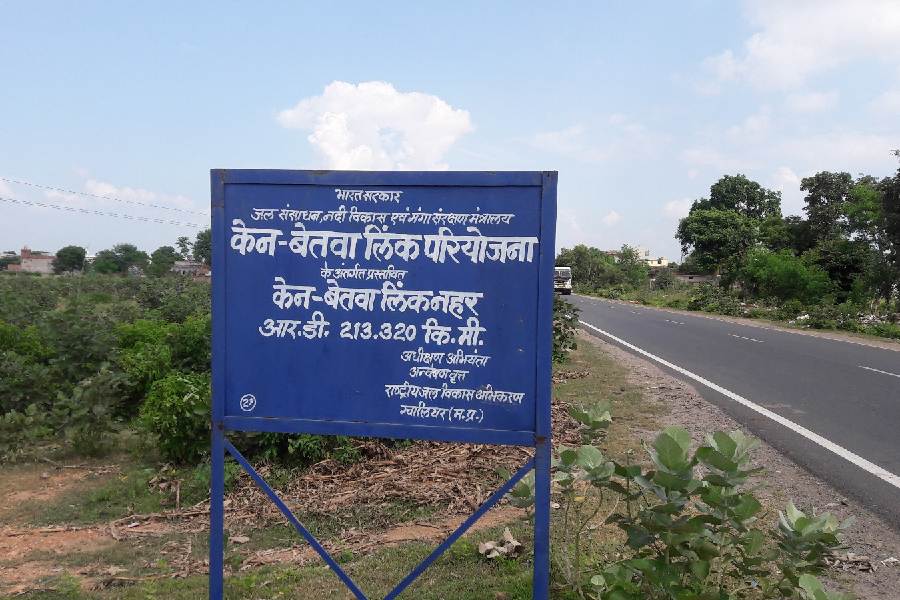Catastrophic attacks on nations often help governments rally the country behind them to build a mood of unity, albeit one that can also create an environment where the space for dissent is erased. After the Palestinian militant group, Hamas, killed more than 1,300 people in Israel in the most audacious attack the country has faced in five decades, retribution has been swift and brutal. Israeli air bombardment has killed at least 1,400 people in Gaza and levelled entire neighbourhoods, not even sparing ambulances, schools and United Nations personnel. Israel has said it will launch a ground invasion. Yet, while analysts had predicted that a national crisis and a military attack on Gaza would politically help the Israeli prime minister, Benjamin Netanyahu, he and his government are, in fact, facing strong criticism — even as the moment has unified Israeli society at large. Videos have emerged of Israelis heckling and booing ministers. Victims of the Hamas attack have said that the government has not helped them enough. Citizens, politicians and analysts alike have questioned the intelligence failures that allowed Hamas fighters to enter Israel in large numbers. Additionally, former military officials and government advisers have asked Mr Netanyahu and his government whether Israel’s own policies of illegal occupation, apartheid-like discrimination and relentless provocations against Palestinians set the backdrop for the horrific Hamas attack.
Israel’s democracy and its citizens deserve credit for this. Far too often, attacks on countries allow governments to conflate themselves with the nation, allowing them to evade their own failures while cracking down on civil liberties. After the September 11, 2001 attacks, the United States of America instituted a massive surveillance system against its own citizens and those of other nations under the Patriot Act. In India, the Balakot air strikes against an alleged Pakistani terrorist base camp in February 2019, after the suicide bombing of a Central Reserve Police Force convoy in Kashmir, helped the Narendra Modi-led government politically. Three months later, Mr Modi swept to power for the second time. Those who dared asked questions about the intelligence failures that led to the suicide bombing or mistakes during the Balakot operation were shut down in public spaces as anti-national. Such an approach weakens both democracy and a nation’s ability to stop similar attacks in the future. Israel is showing that a country can be united at a time of collective trauma while still demanding accountability from its government. It is a lesson that other democracies — including India — could learn.











